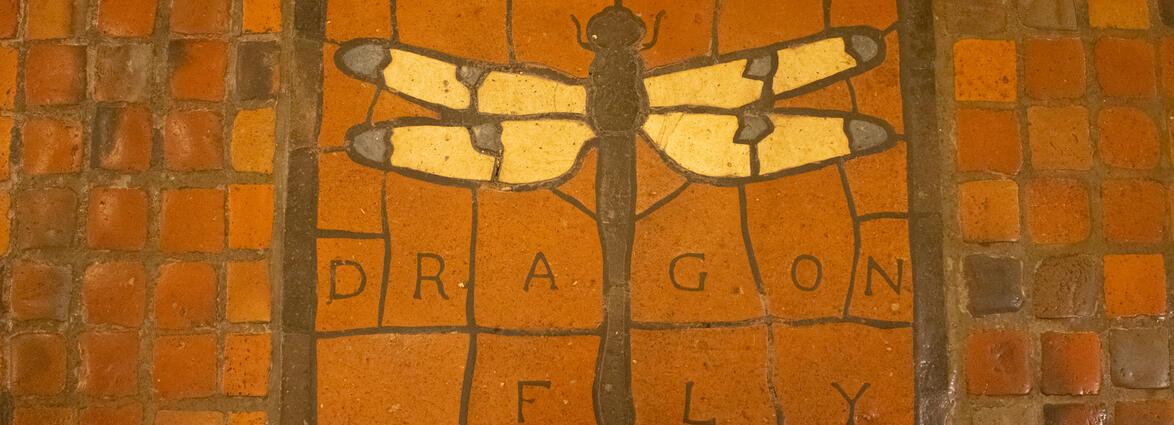The Select Committee was introduced on the House Floor on January 24, 1973 by H. Joseph Hepford. And formed in February 1973 and consisted of five members, two minority and three majority, appointed by the Speaker of the House. They conducted 23 public hearings and 5 executive sessions at which 98 witnesses were heard over the next two years, and issued its final report in November 1974.
Members of the Select Committee consisted of: H. Joseph Hepford (Chairman-R), Eugene R. Geesey (Secretary-R), Russell J. LaMarca (D), Joseph Rhodes, Jr. (D), David M. Turner (R). With Downey Rice-Counsel, James R. Malley-Chief Investigator, and Dale S. Thompson-Investigator.
The primary purpose of the Committee was to explore the effectiveness of existing legislation relative to the administration of justice and to recommend and sponsor any required remedial measures.
House Resolution 21 authorized them to fully examine: 1) administration, activities, use of funds, policy, failures, and effectiveness of law enforcement; 2) the work and functioning of law enforcement agencies, departments, commissions, boards, committees, groups, organizations and entities; 3) individuals, corporations, consultants, groups, agencies, departments, boards or entities related to, involved in, or affecting law enforcement or the administration of justice.
Subjects of the investigation were: The King of Prussia Wiretapping, Harry E. Kapleau Wiretapping Incident, Lieutenant Angelo Carcaci of the Pennsylvania State Police, Pennsylvania Crime Commission, Solicitation of money from the public by police officers and related organizations, police practice of recording complaint calls, and the Governor's Justice Commission. The contents of this collection reflects the subjects of the investigation.
The Select Committee was introduced on the House Floor on January 24, 1973 by H. Joseph Hepford. And formed in February 1973 and consisted of five members, two minority and three majority, appointed by the Speaker of the House. They conducted 23 public hearings and 5 executive sessions at which 98 witnesses were heard over the next two years, and issued its final report in November 1974.
Members of the Select Committee consisted of: H. Joseph Hepford (Chairman-R), Eugene R. Geesey (Secretary-R), Russell J. LaMarca (D), Joseph Rhodes, Jr. (D), David M. Turner (R). With Downey Rice-Counsel, James R. Malley-Chief Investigator, and Dale S. Thompson-Investigator.
The primary purpose of the Committee was to explore the effectiveness of existing legislation relative to the administration of justice and to recommend and sponsor any required remedial measures.
House Resolution 21 authorized them to fully examine: 1) administration, activities, use of funds, policy, failures, and effectiveness of law enforcement; 2) the work and functioning of law enforcement agencies, departments, commissions, boards, committees, groups, organizations and entities; 3) individuals, corporations, consultants, groups, agencies, departments, boards or entities related to, involved in, or affecting law enforcement or the administration of justice.
Subjects of the investigation were: The King of Prussia Wiretapping, Harry E. Kapleau Wiretapping Incident, Lieutenant Angelo Carcaci of the Pennsylvania State Police, Pennsylvania Crime Commission, Solicitation of money from the public by police officers and related organizations, police practice of recording complaint calls, and the Governor's Justice Commission. The contents of this collection reflects the subjects of the investigation.


